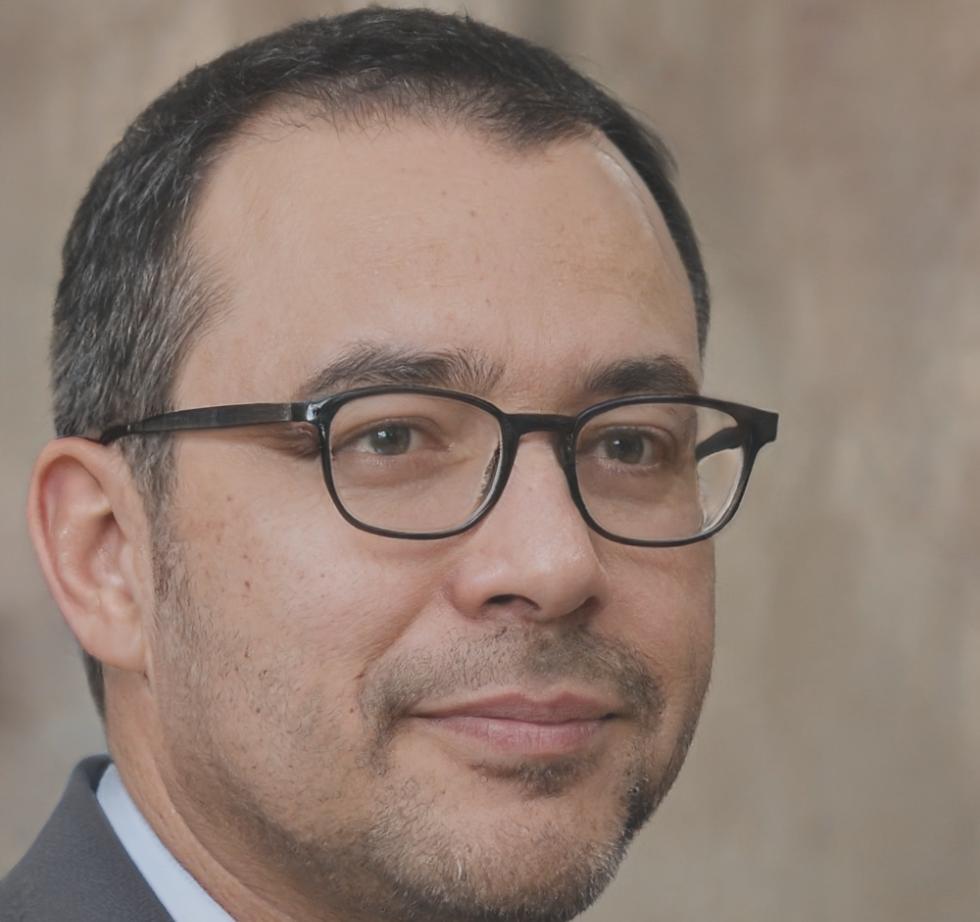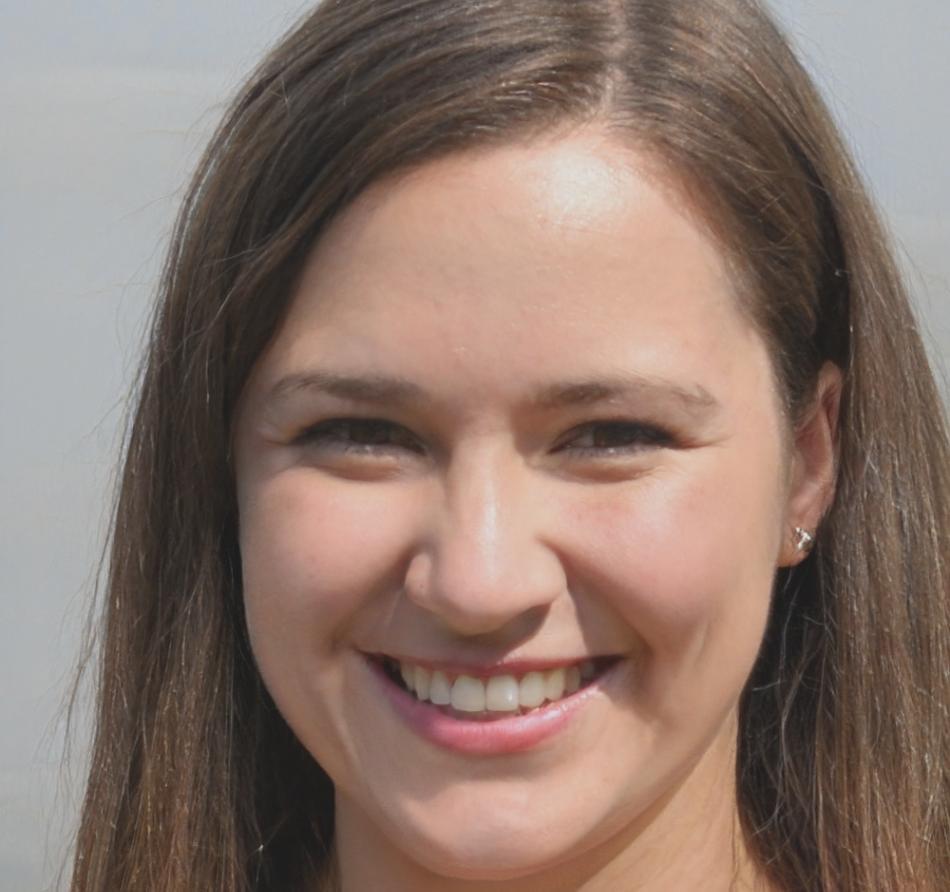Financial Planning That Actually Makes Sense
Most people think budgeting means spreadsheets and guilt. We think it means understanding where your money goes and why that matters. Our program teaches practical skills for managing personal finances in a way that fits your real life.
View September 2025 Start Dates
What You'll Actually Learn
We don't teach theories that look good on paper but fall apart when bills are due. Instead, you'll work through scenarios based on real situations people face when managing income, debt, and saving goals.
The program covers practical tools like calendar-based budgeting, tracking irregular expenses, and planning for annual costs that catch people off guard. You'll also learn how financial institutions work and what questions to ask when comparing accounts or credit products.
Classes run Monday and Wednesday evenings from 6:30 to 8:30 PM, starting September 2025. Sessions are designed for working adults who need practical skills without academic prerequisites.
Meet Your Instructors

Kasper Viklund
Budget Planning Specialist
Kasper spent twelve years helping families work through debt management and spending patterns. He brings real conversations from credit counseling into the classroom, showing how small changes in tracking can reveal surprising insights about your own habits.

Siobhan Flaherty
Financial Systems Educator
Siobhan's background is in community banking and financial literacy workshops. She teaches the nuts and bolts of how accounts, fees, and interest actually work. Her approach cuts through jargon and focuses on what matters when you're choosing where to keep your money.
Program Structure
The twelve-week program builds skills progressively. Each phase focuses on a different aspect of financial management, with practical exercises you can apply immediately.
Weeks 1-4: Understanding Your Money Flow
Foundation Phase
We start by mapping where your money actually goes. Not where you think it goes, but where receipts and bank statements say it goes. This phase introduces calendar-based planning and tracking methods that account for irregular expenses.
- Income timing and cash flow patterns
- Fixed versus variable expense tracking
- Annual costs that disrupt monthly budgets
- Building a realistic spending baseline
Weeks 5-8: Working With Financial Institutions
Systems Phase
Banking products, credit cards, and loan structures can be confusing. This phase breaks down how these tools work, what to compare when shopping for accounts, and how to read the fine print that matters.
- Account types and fee structures
- Credit products and interest calculations
- Understanding credit reports and scores
- Comparing financial service providers
Weeks 9-12: Building Your Financial Calendar
Application Phase
The final phase brings everything together. You'll create a personalized financial calendar that accounts for your specific income pattern, regular expenses, and irregular costs. We'll also cover strategies for managing variable income and planning for predictable annual expenses.
- Year-round expense planning
- Building buffer funds for irregular costs
- Adjusting plans when circumstances change
- Setting up systems for ongoing tracking
Registration Opens July 2025
Classes are limited to 24 participants to allow for individual guidance and group discussion. Early registration is recommended.
